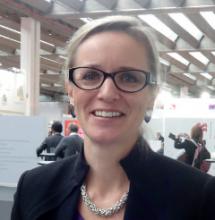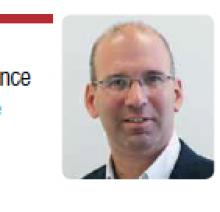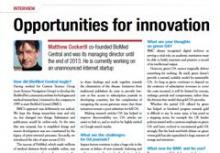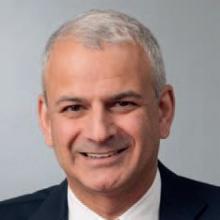Interviews
Sue Corbett is executive director of INASP, an international development charity that supports developing world researchers through information access and availability, training in research writing; support of indigenous publishing activities and training policy makers in the use of research in policy
After a career at Oxford University Press, Mandy Hill has "switched sides", and is now managing director for academic publishing at Cambridge University Press. We caught up with her at Frankfurt Book Fair
Howard Ratner is executive director of CHOR Inc, the organisation behind the new CHORUS service in the USA. We ask him what CHORUS is about, what plans he has and his thoughts on open access in general
In September Louis Culot became chief executive officer of BioData, a Digital Science company. We ask him about convergence between experimental processes and research information
Kurt Sanford is CEO of ProQuest. We ask him about e-book business models and discoverability
Ed Pentz has been executive director of CrossRef since it began in 2000. We ask him about what the organisation has done so far and its future plans
Matthew Cockerill co-founded BioMed Central and was its managing director until the end of 2013. He is currently working on an unannounced internet startup
We ask Ann Chapman, co-founder of Minesoft, about patent information and 10 years of the PatBase patent database
Bob Campbell is soon to retire from his role of senior publisher at Wiley after nearly half a century in the publishing industry. He shares some of his thoughts
Ron Mobed, CEO of Elsevier, shares his thoughts on research trends, open access, and publisher profit-margins
Subscription costs can be a challenge for researchers in small companies. William Park, CEO of DeepDyve, explains why he sees rental as part of the solution
In April the Digital Public Library of America (DPLA) opened its virtual doors for the first time. Executive director Dan Cohen reveals more

















